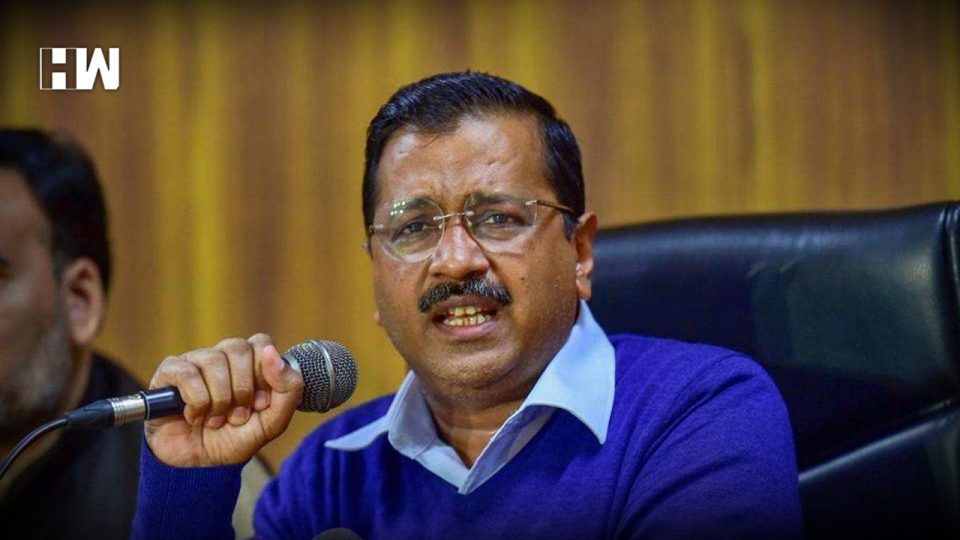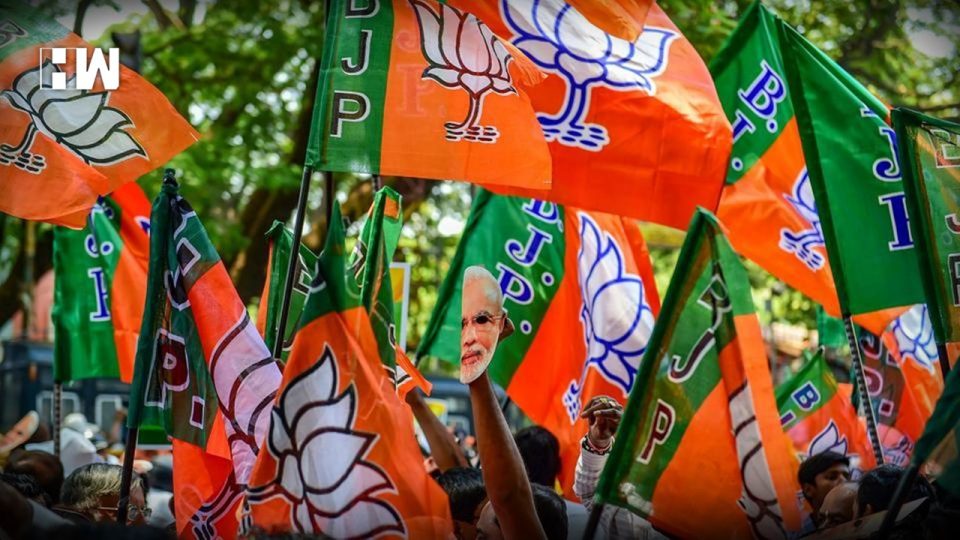New Delhi | The AAP was not able to explain to the people why they should vote for them in the Lok Sabha polls, Delhi Chief Minister Arvind Kejriwal on Wednesday said in an open letter to party workers, days after his party suffered a crushing defeat in the general elections.
In the letter, Kejriwal lauded his party workers for running a “superb” campaign that was considered to be one of the best in the country.
“The results, however, didn’t meet our expectations. Post-election ground analysis has revealed two major reasons. First, the atmosphere that prevailed in the country rubbed off on Delhi as well. Second, people saw this “big election” as between Modi and Rahul and voted accordingly.
“Whatever be the reason, we were not able to explain to the public why they should vote for us in this big election,” he said.
Kejriwal said on the brighter side, “people have been enthusiastically assuring us that in the small election for Delhi Vidhan Sabha, they will vote in the name of the incredible work we have done in Delhi”.
Kejriwal asserted that the Delhi government has not budged from the “corruption-free mission” that brought this party into existence six and a half years ago.
“Despite unleashing the power of all government agencies on my ministers and me, they couldn’t find even a single ‘naya paisa’ worth of corruption. All the cases filed on our 20 MLAs were dismissed by the courts,” he said.
Referring to the various achievements of his government, Kejriwal said he looks forward to the continued support and commitment of his party workers in the Assembly elections, slated to be held early next year.
The AAP suffered a crushing defeat in the Lok Sabha polls and won just one out of over 40 seats on which it fielded its candidates. All seven of their candidates in Delhi also lost in the Lok Sabha polls.
As an independent media platform, we do not take advertisements from governments and corporate houses. It is you, our readers, who have supported us on our journey to do honest and unbiased journalism. Please contribute, so that we can continue to do the same in future.


